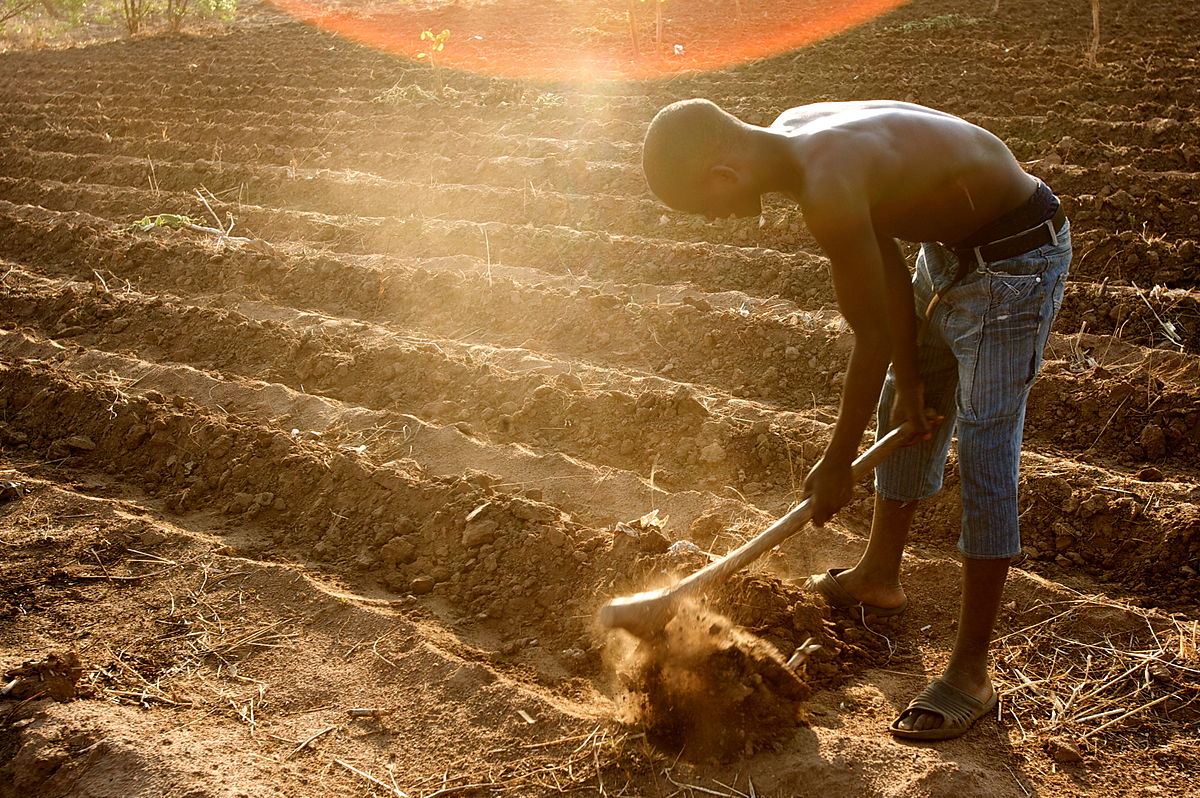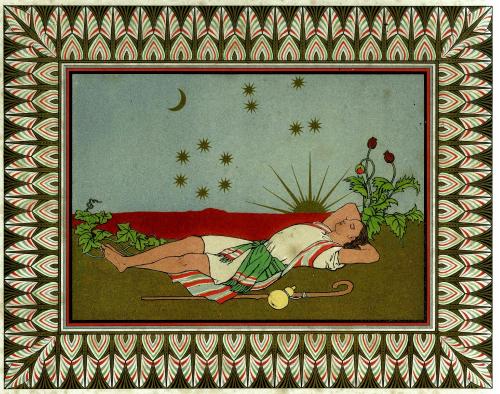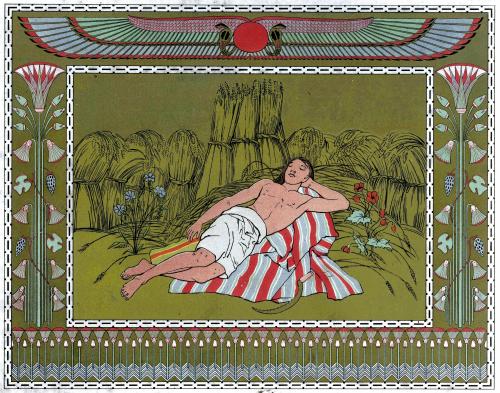by Lois Tverberg
Behold, seven years of great abundance are coming in all the land of Egypt; and after them seven years of famine will come, and all the abundance will be forgotten in the land of Egypt, and the famine will ravage the land. Let Pharaoh exact a fifth of the produce of the land of Egypt in the seven years of abundance. Let the food become as a reserve for the land for the seven years of famine which will occur in the land of Egypt, so that the land will not perish during the famine.
– Genesis 41:29-30, 34, 36
When God told Pharaoh through his dreams that there would be seven years of record crops followed by seven years of famine, he was giving him an enormous gift of insight into the future. With that warning, he was able to save the lives of his countrymen, as well as those in the surrounding region.
 In the past few years, many of us wished that God would have given us Pharoah’s dreams of warning about the future. In the late 1990’s the U.S. experienced a business boom and record stock highs, but since 2001, especially after September 11, we have experienced a severe recession that still is with us. Many of us lost retirement savings in the stock market, or lost a job or had a businesses fail. Wouldn’t it have been wonderful if God would have warned us ahead of time? We can see the great wisdom that Joseph gave Pharoah about saving from the coming abundance for times of hardship. In these past years, many of us have re-learned this lesson, and now make our decisions with money based on an assumption that times may change for the worse.
In the past few years, many of us wished that God would have given us Pharoah’s dreams of warning about the future. In the late 1990’s the U.S. experienced a business boom and record stock highs, but since 2001, especially after September 11, we have experienced a severe recession that still is with us. Many of us lost retirement savings in the stock market, or lost a job or had a businesses fail. Wouldn’t it have been wonderful if God would have warned us ahead of time? We can see the great wisdom that Joseph gave Pharoah about saving from the coming abundance for times of hardship. In these past years, many of us have re-learned this lesson, and now make our decisions with money based on an assumption that times may change for the worse.
 While most know the truth of this economically, we should also think about this idea of “storing up a harvest” in times of abundance in other ways. We also should consider our relationships and our faith in God. Do we realize that our children will grow up and leave home, our friends may move away, and our parents will die someday? Do we know that it is almost inevitable that we will go through times of discouragement and a struggle for faith?
While most know the truth of this economically, we should also think about this idea of “storing up a harvest” in times of abundance in other ways. We also should consider our relationships and our faith in God. Do we realize that our children will grow up and leave home, our friends may move away, and our parents will die someday? Do we know that it is almost inevitable that we will go through times of discouragement and a struggle for faith?
When we think ahead toward these potential hard times, it reminds us not to neglect to “store up” what we will need to be sustained when the need doesn’t seem so pressing. We need to grow relationships in our family and friends that can weather both good times and bad. And we need to grow our roots of faith in God deep enough so that they can sustain us in dry times too. Soon or later the dry times will come, and it is only what we have stored up that will sustain us then.
Photo: Pushkarv and Stephen Morrison/AusAID


 the two dreams, he told his brothers, which caused their extreme anger, which led to his later imprisonment and suffering. Why would he do such a thing, knowing how angry they would get? Some think that Joseph had been spoiled to the point where he was completely insensitive to how his words would affect others. But others point out that in that day, when a person had a clear vision from God, he was expected to share it with others, no matter how it impacted his own life. Joseph had told Pharaoh later when he had two dreams with the same message that “the matter had been firmly decided by God, and God would do it soon” (Genesis 41:32). If Joseph believed that his own two dreams were sure to happen, he probably felt obligated to tell others.
the two dreams, he told his brothers, which caused their extreme anger, which led to his later imprisonment and suffering. Why would he do such a thing, knowing how angry they would get? Some think that Joseph had been spoiled to the point where he was completely insensitive to how his words would affect others. But others point out that in that day, when a person had a clear vision from God, he was expected to share it with others, no matter how it impacted his own life. Joseph had told Pharaoh later when he had two dreams with the same message that “the matter had been firmly decided by God, and God would do it soon” (Genesis 41:32). If Joseph believed that his own two dreams were sure to happen, he probably felt obligated to tell others.